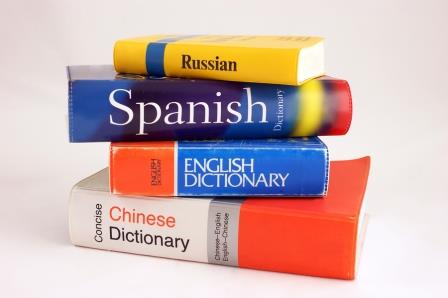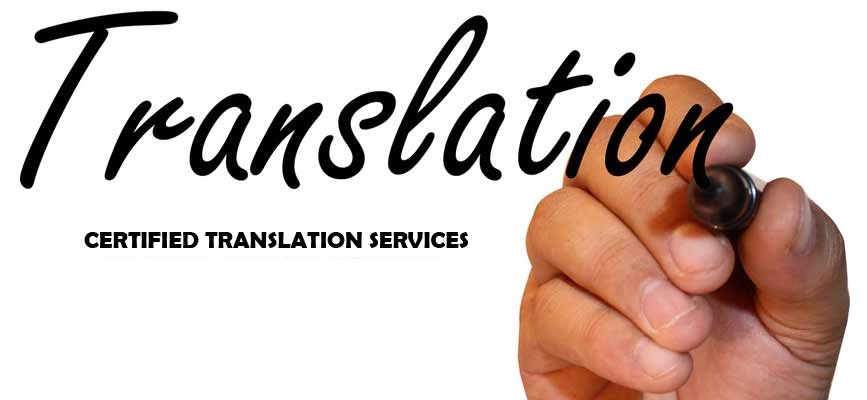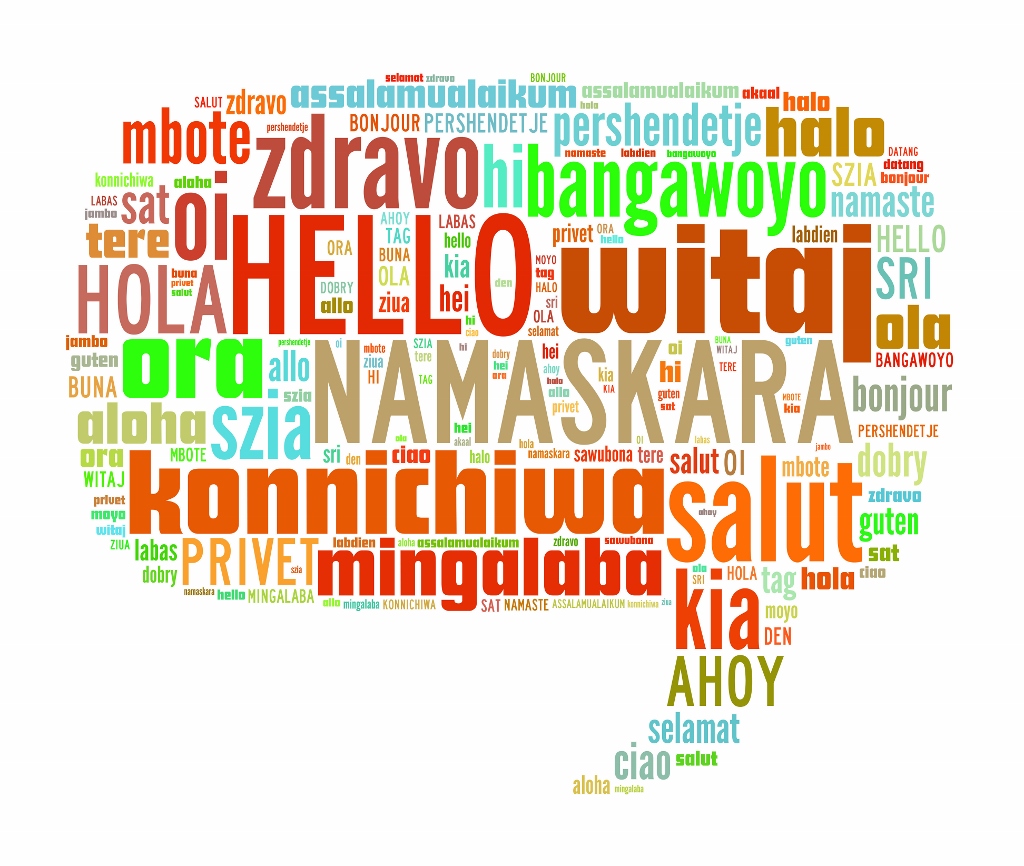Arabic is a wonderfully expressive, visual language. Many terms used throughout the Arab world would not make much sense out of context, or if translated into another language. Oftentimes, colloquialisms or even idioms are the hardest part of a language for a foreigner to understand, as they are so deeply rooted in the culture. Arabs, a traditionally desert people, have several words that describe particular kinds of desert winds, something very unique to the language, just like Eskimos in Alaska have several words to describe different types of snow and ice.
Na’eeman (نعيماً)
A term used after someone gets a clean shave, a haircut or takes a shower. It’s kind of like blessing them and saying “Congrats on looking cleaner/fresher” and there is certainly no way of saying it in English. Oftentimes, after a man gets a fresh shave or hair cut, his pals will slap the back of his neck saying this term. The response is “Allah yena’am ‘alek”.
‘Ala Rasi (على راسي)
Literally translated into “On my head”, this is a saying commonly used when someone asks you for something or demands something. If a friend says “I need you to give me a ride later today,” the response could be “‘Ala Rasi”, kind of like saying “Anything for you”.
Kol Sana Wa Enta Salem/Enti Salmeh (كل سنة ونت سالم)
A phrase said to someone on their birthday or on religious holidays like Easter, Ramadan and Eid, it translates to something akin to “With each year you’re safe/peaceful”. Of course in English there is nothing similar to this, but in Arabic it can be more common than saying Happy Birthday or Ramadan Kareem.
To’oborni (تقبرني)
Used quite often in Lebanon, this term literally translates to “You bury me”, but means more like I love you so much I would rather die and you bury me before losing you. Again, probably not something you’d commonly say in English, but this term is used quite often from mothers to their children or to a friend or person you really adore. Though it sounds cryptic when translated, it’s used in a loving and upbeat way.
Wafaret/Wafarti (وفرت)
Though this is an older term that is not commonly used these days, I recall many times my grandmother would say this word to me as she offered me food and I refused it. It translates to something like, “Fine, you don’t want it? That’s more for me, and it saves me the trouble anyway”. I used to laugh when she would say it to us before understanding it probably wasn’t meant sarcastically by any means.
Language Oasis offers Arabic Language Translation services. We have the most skilled translators at work. Got a document to translate? Give us a buzz at 888-670-3369 and we shall address all your translation and interpretation related queries.
Article Reference: http://www.barakabits.com/2014/07/5-arabic-words-english-equivalent





















